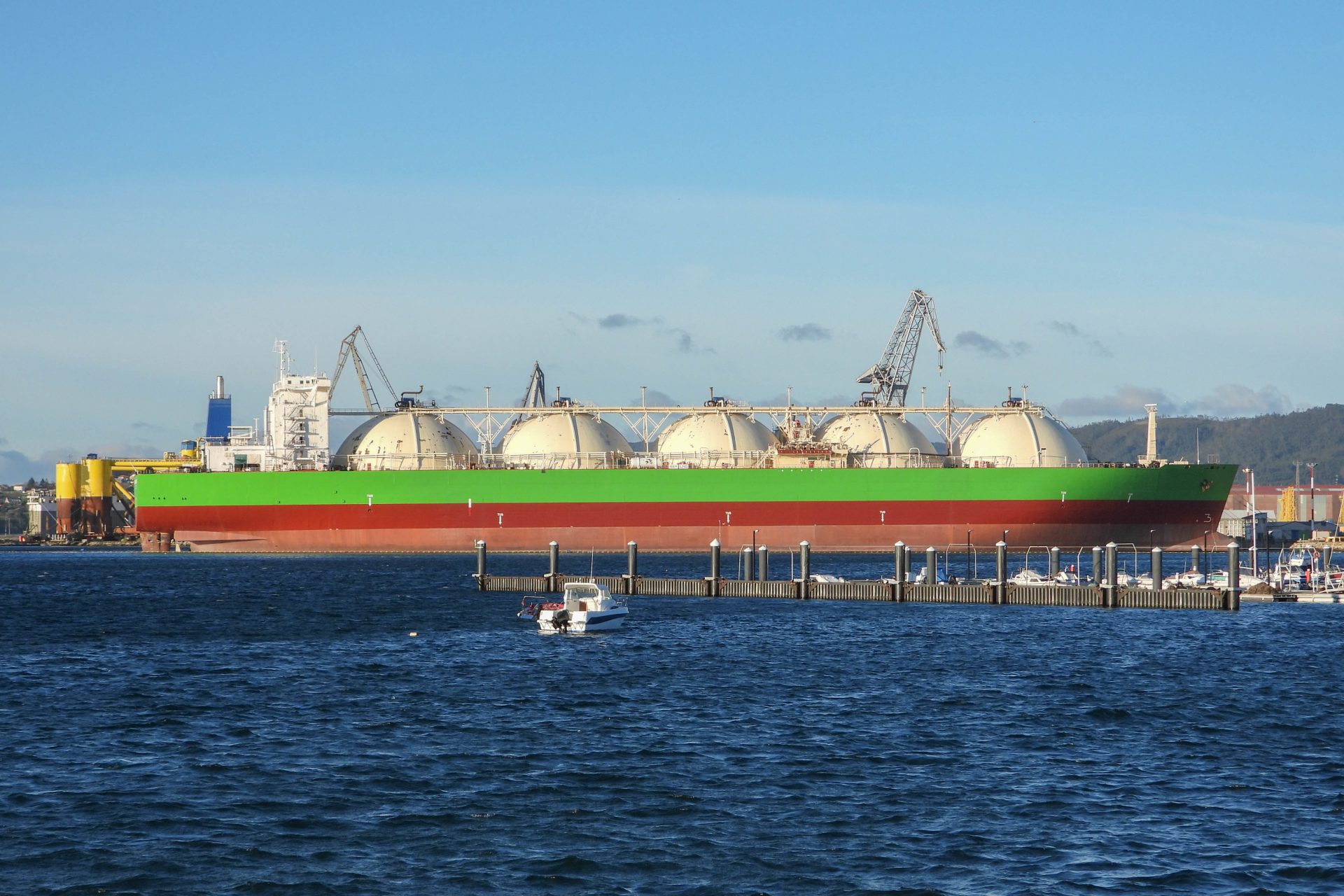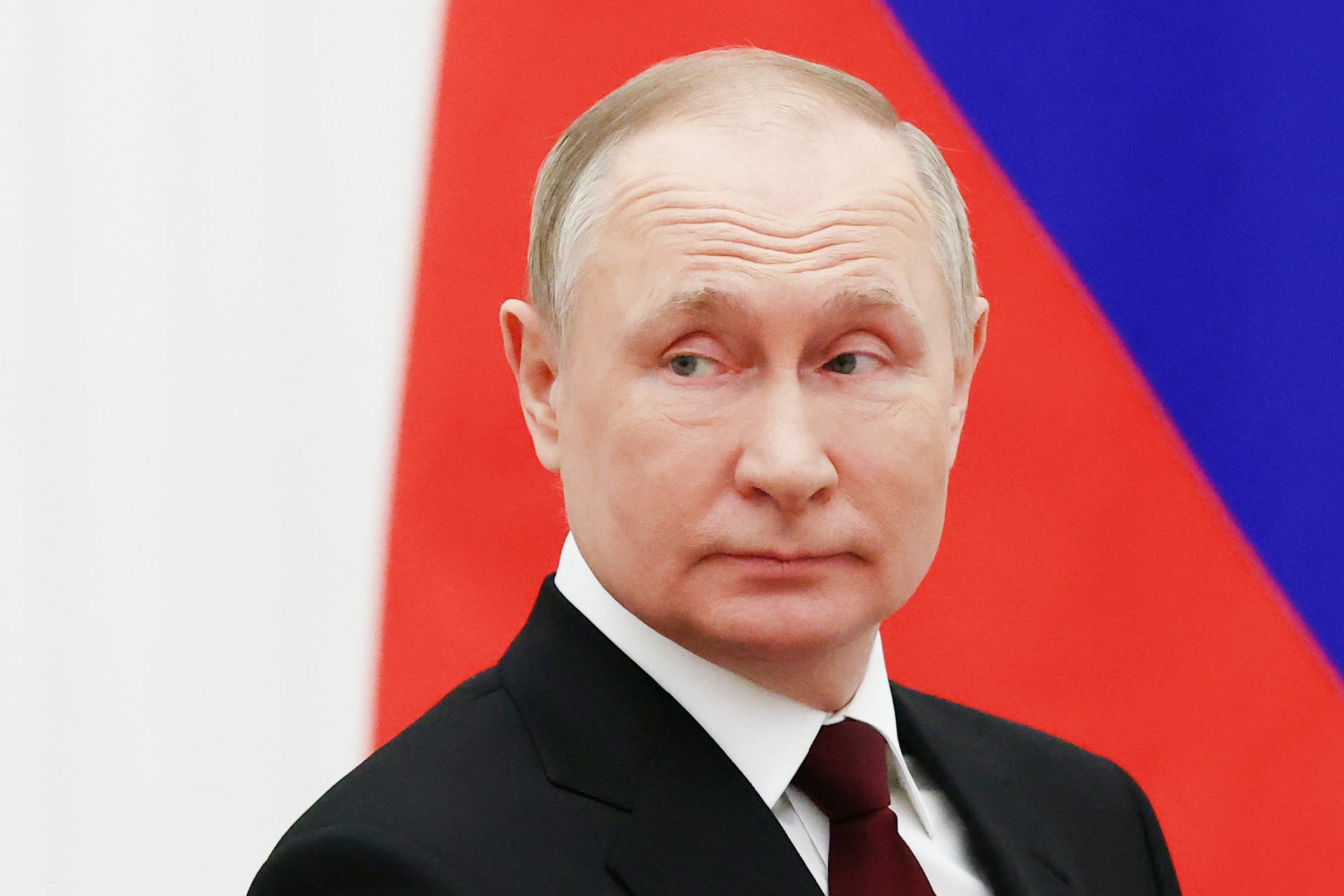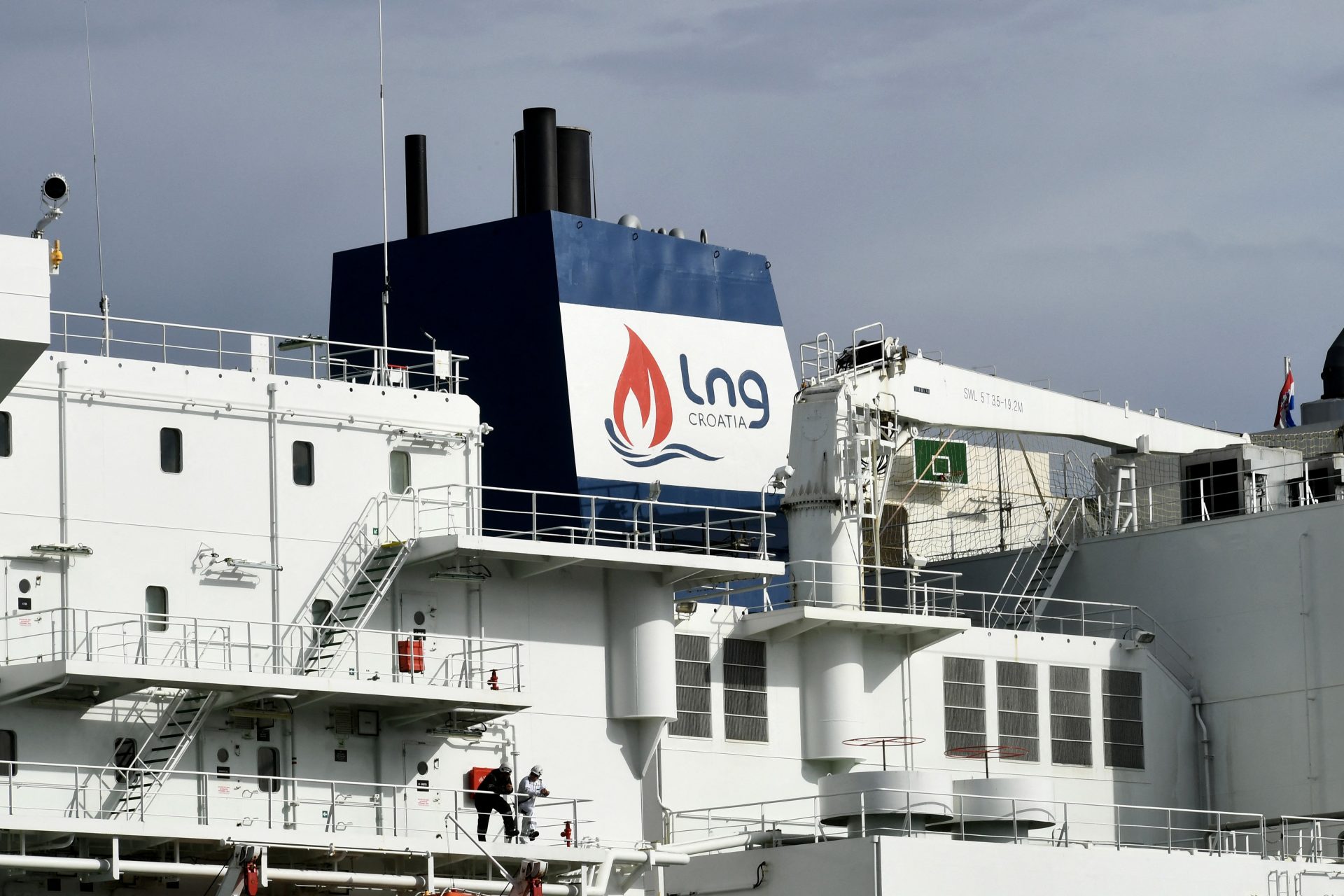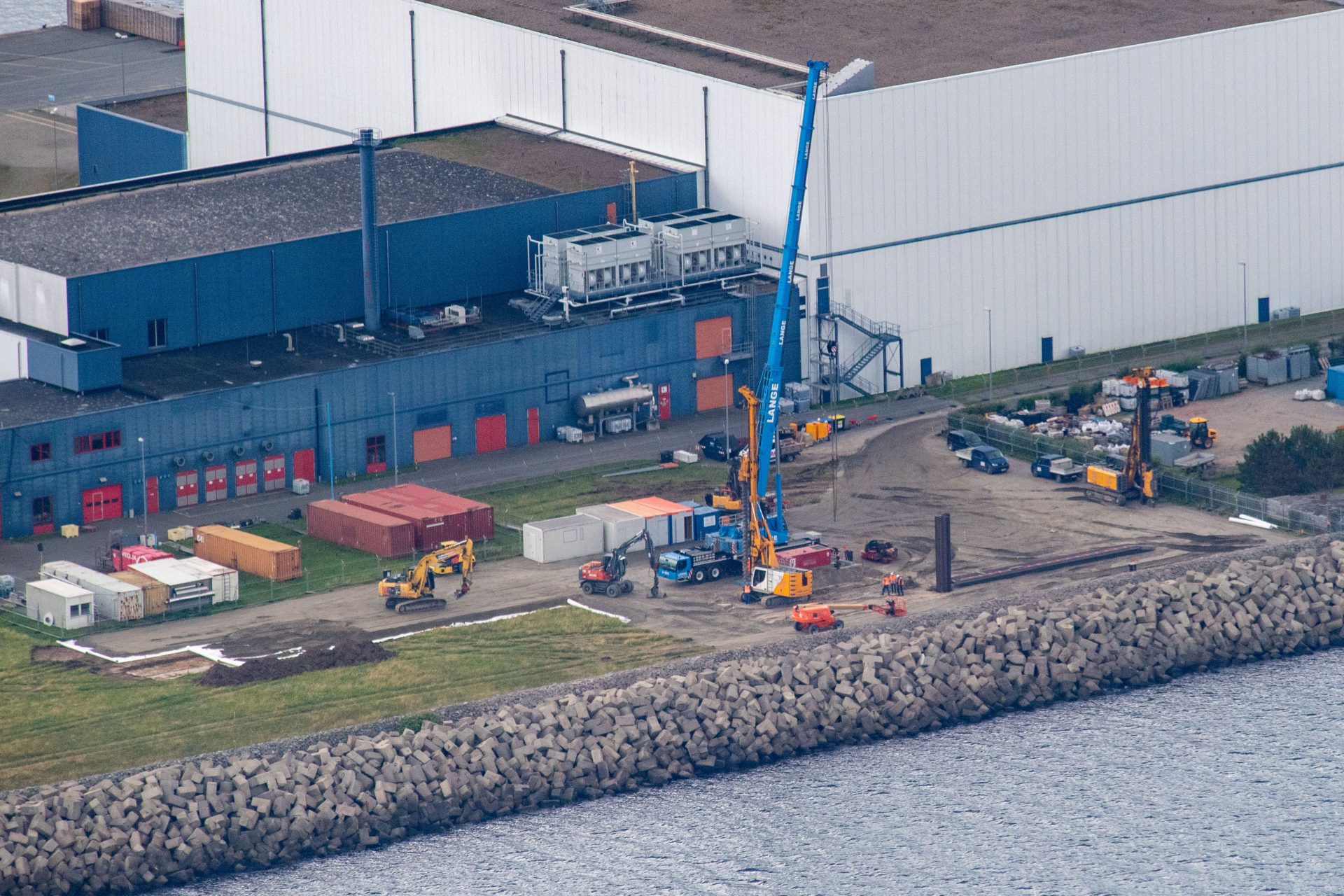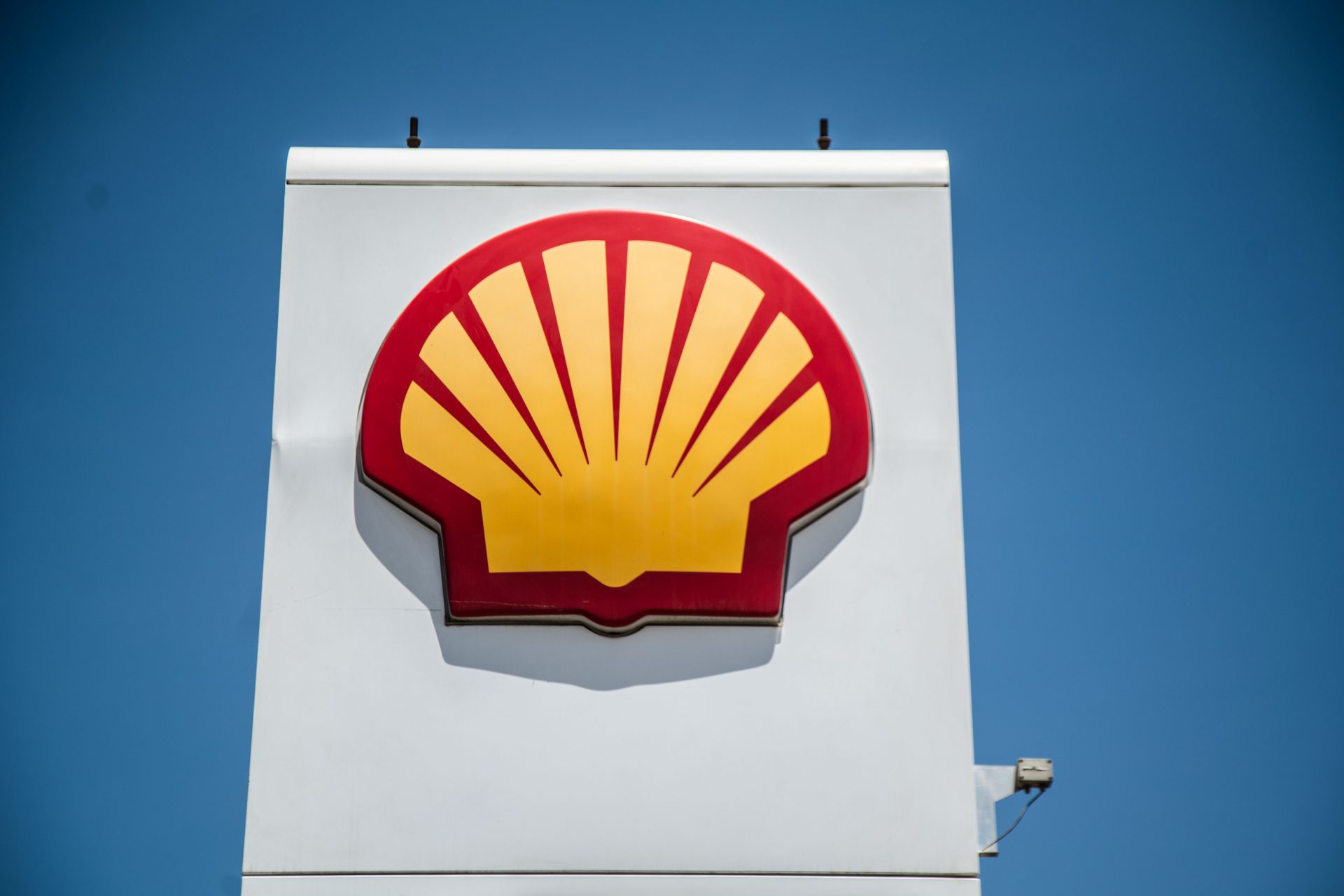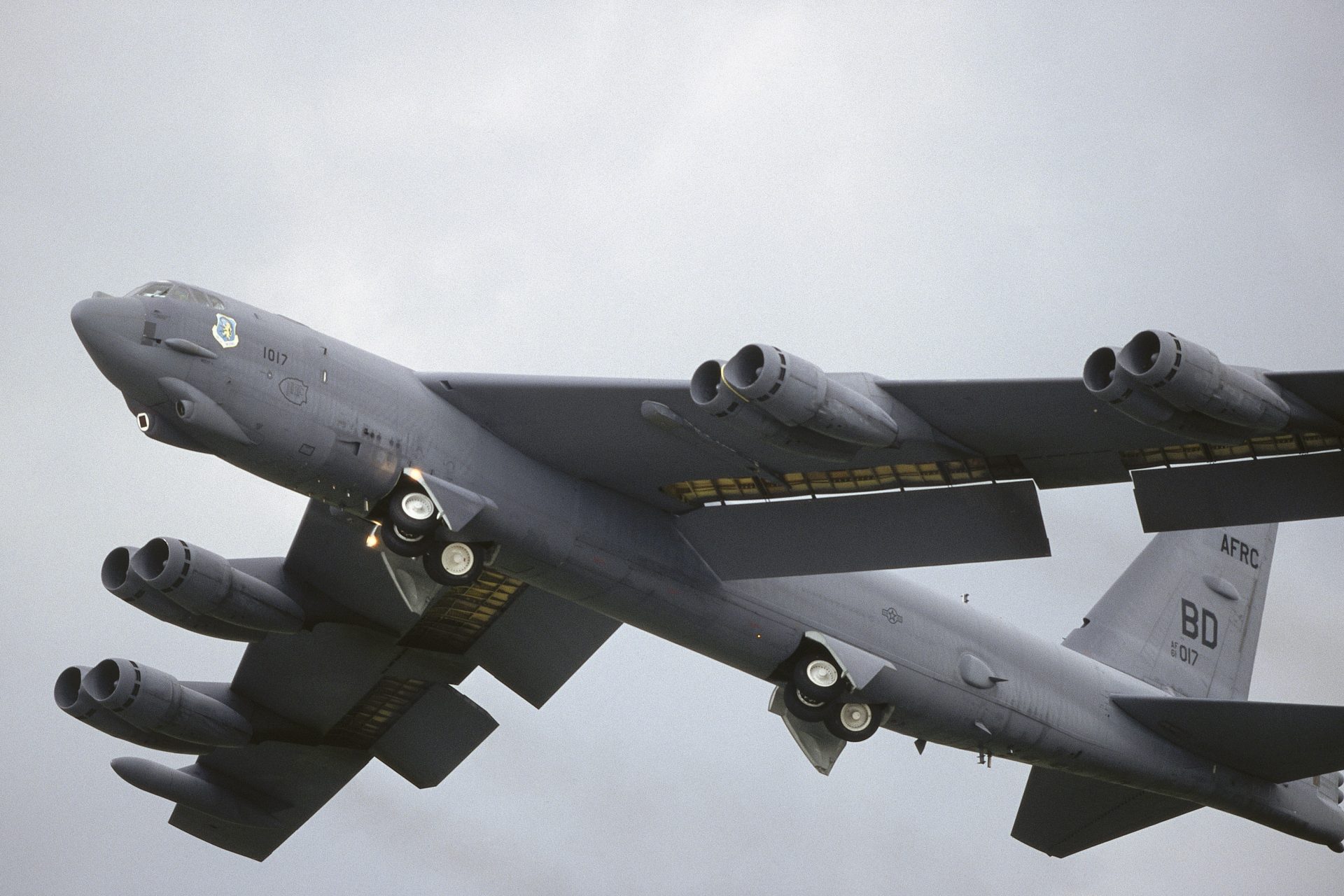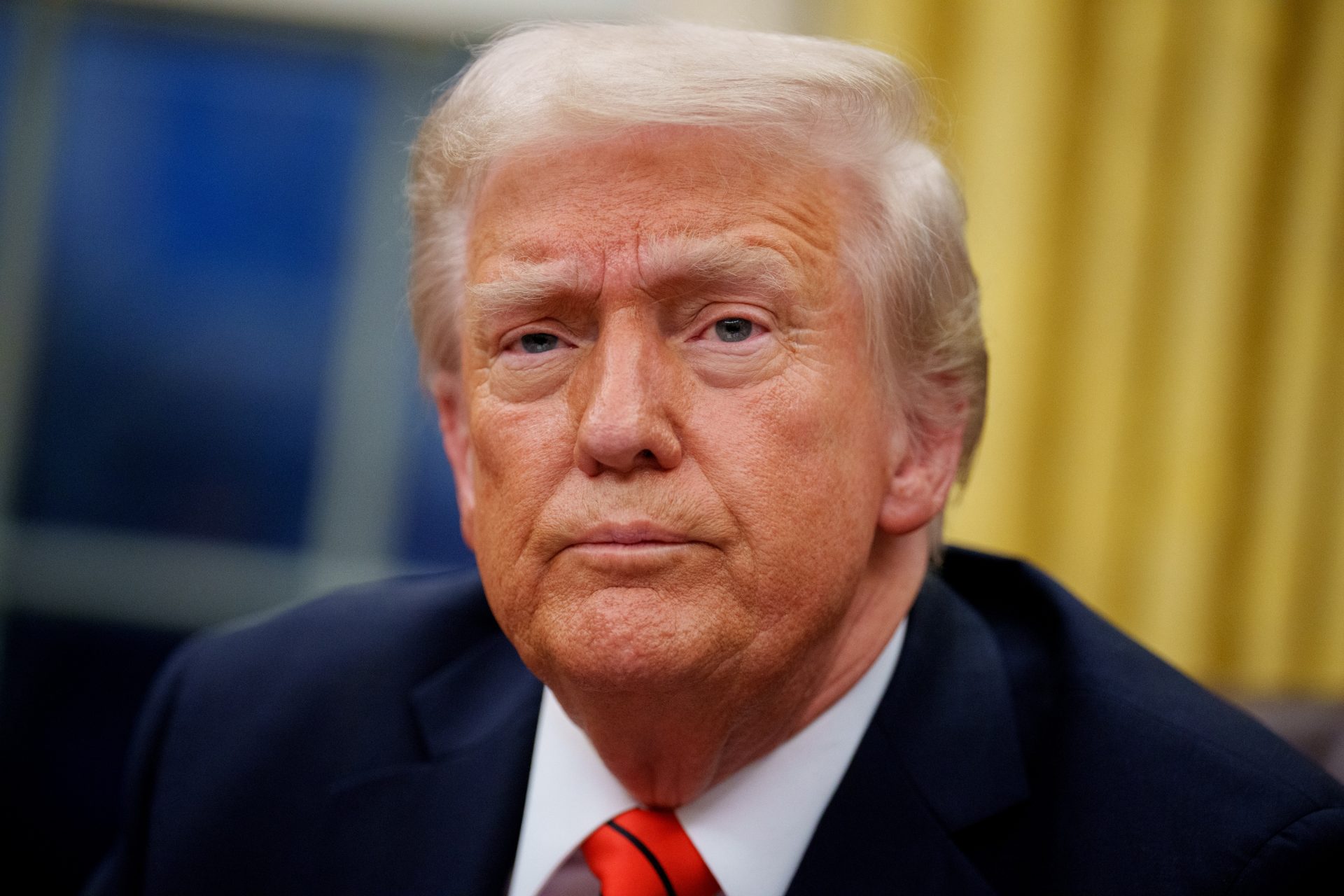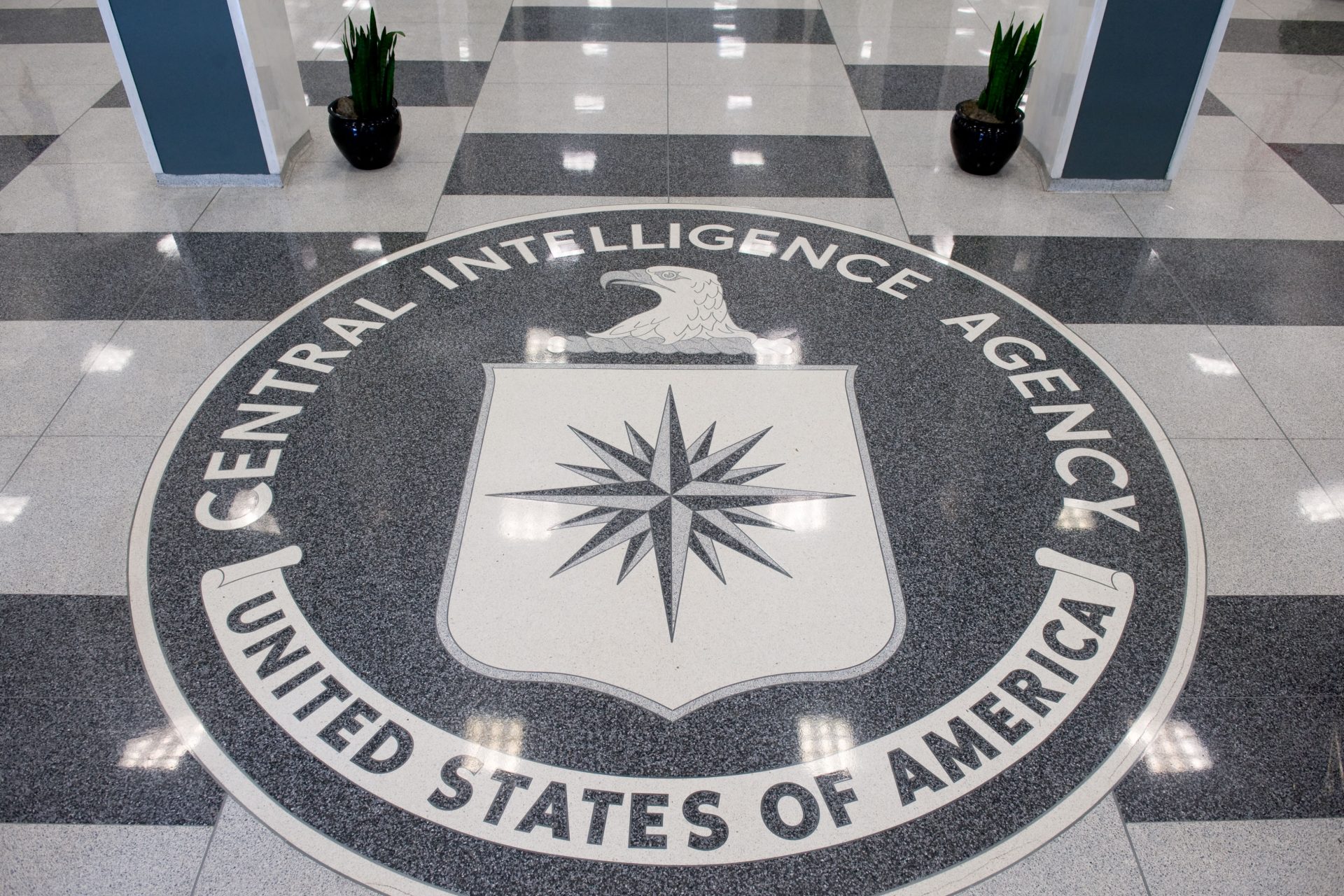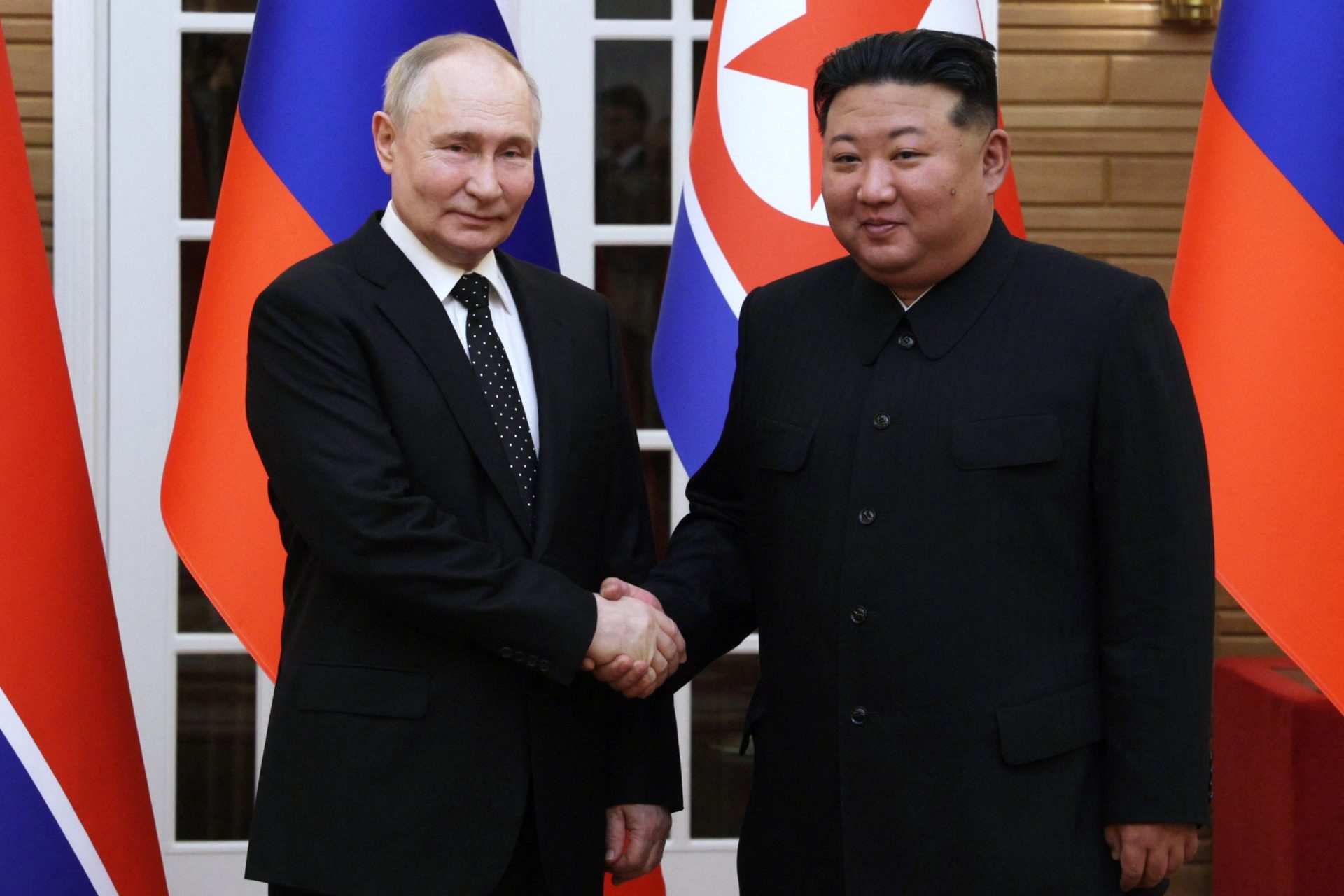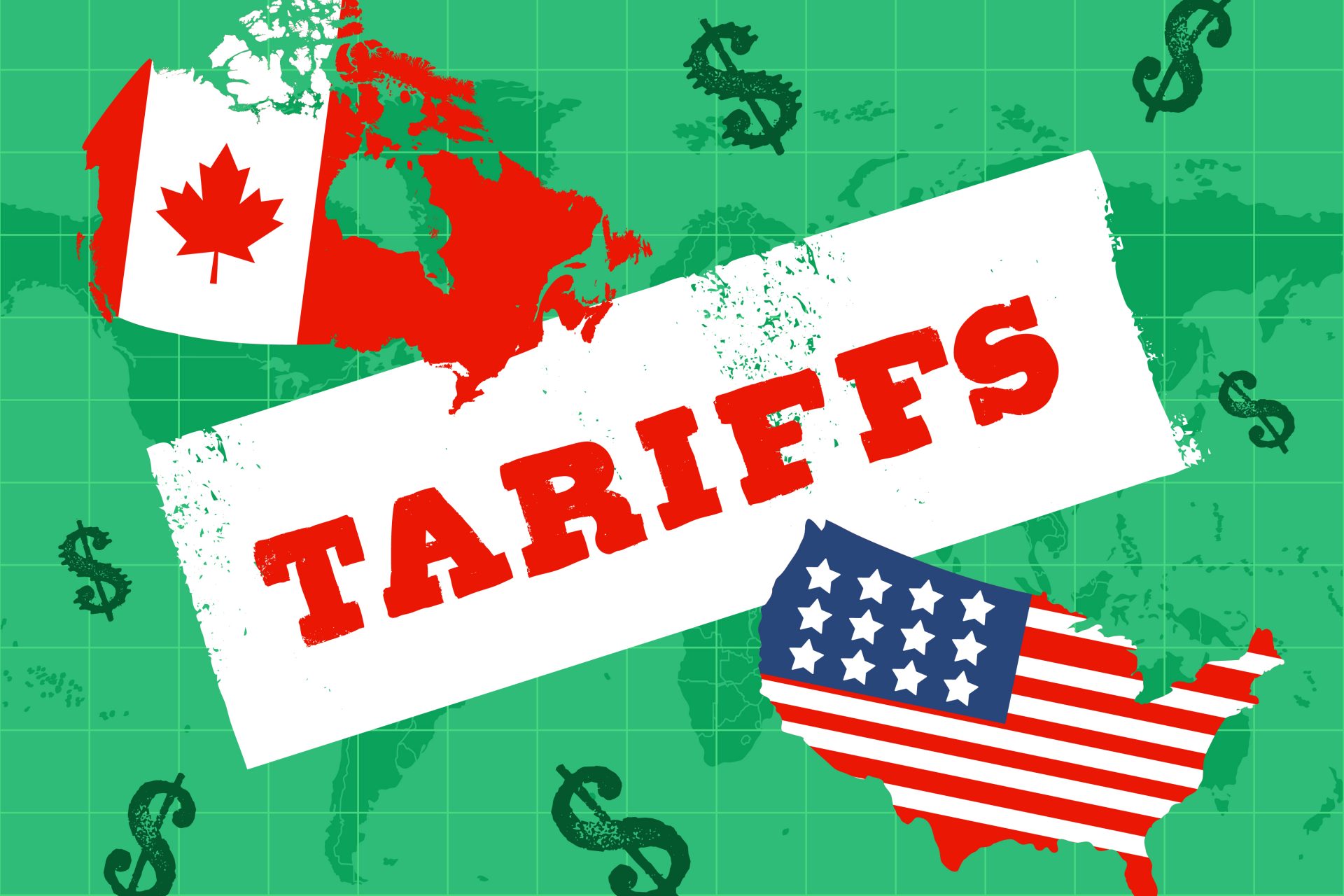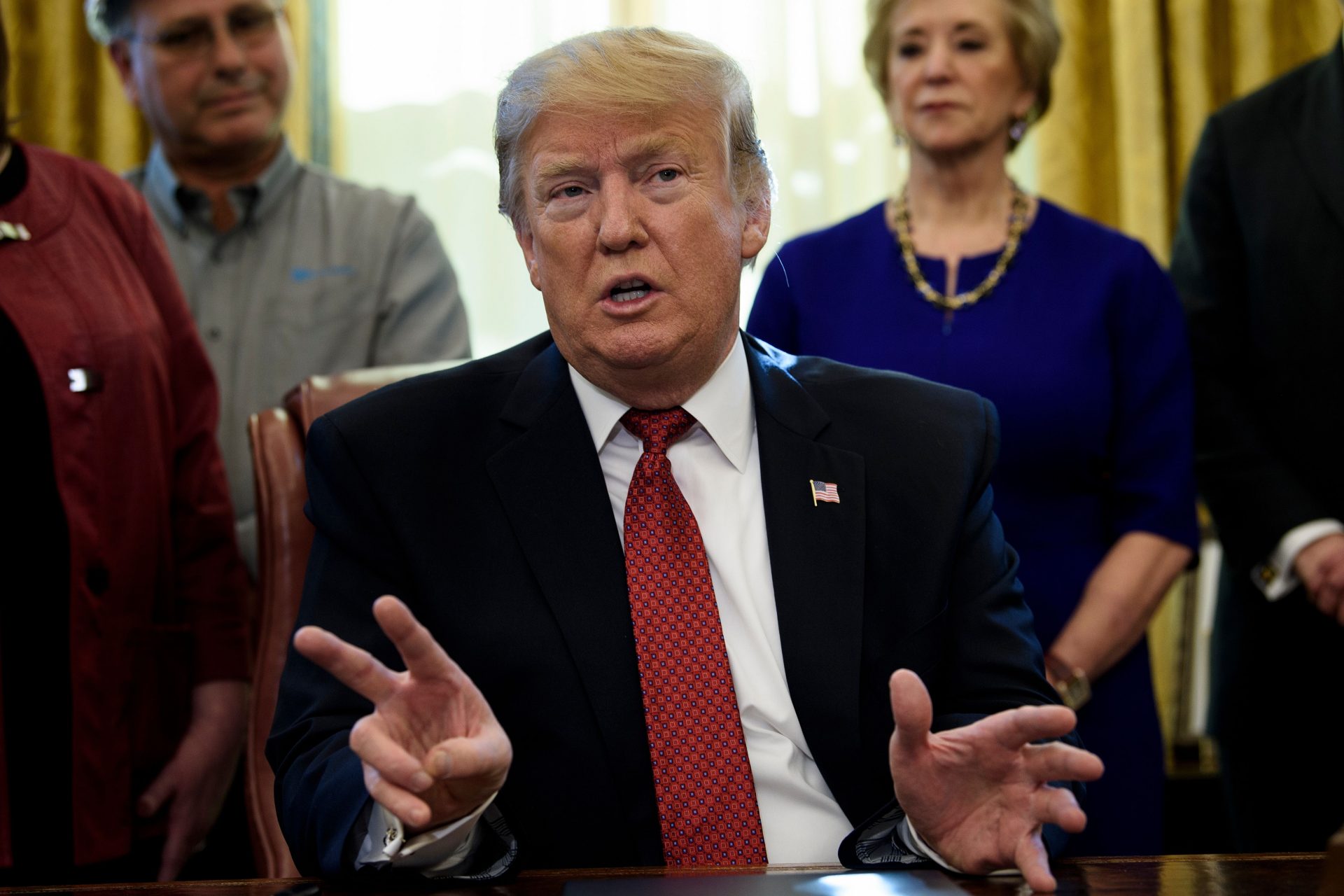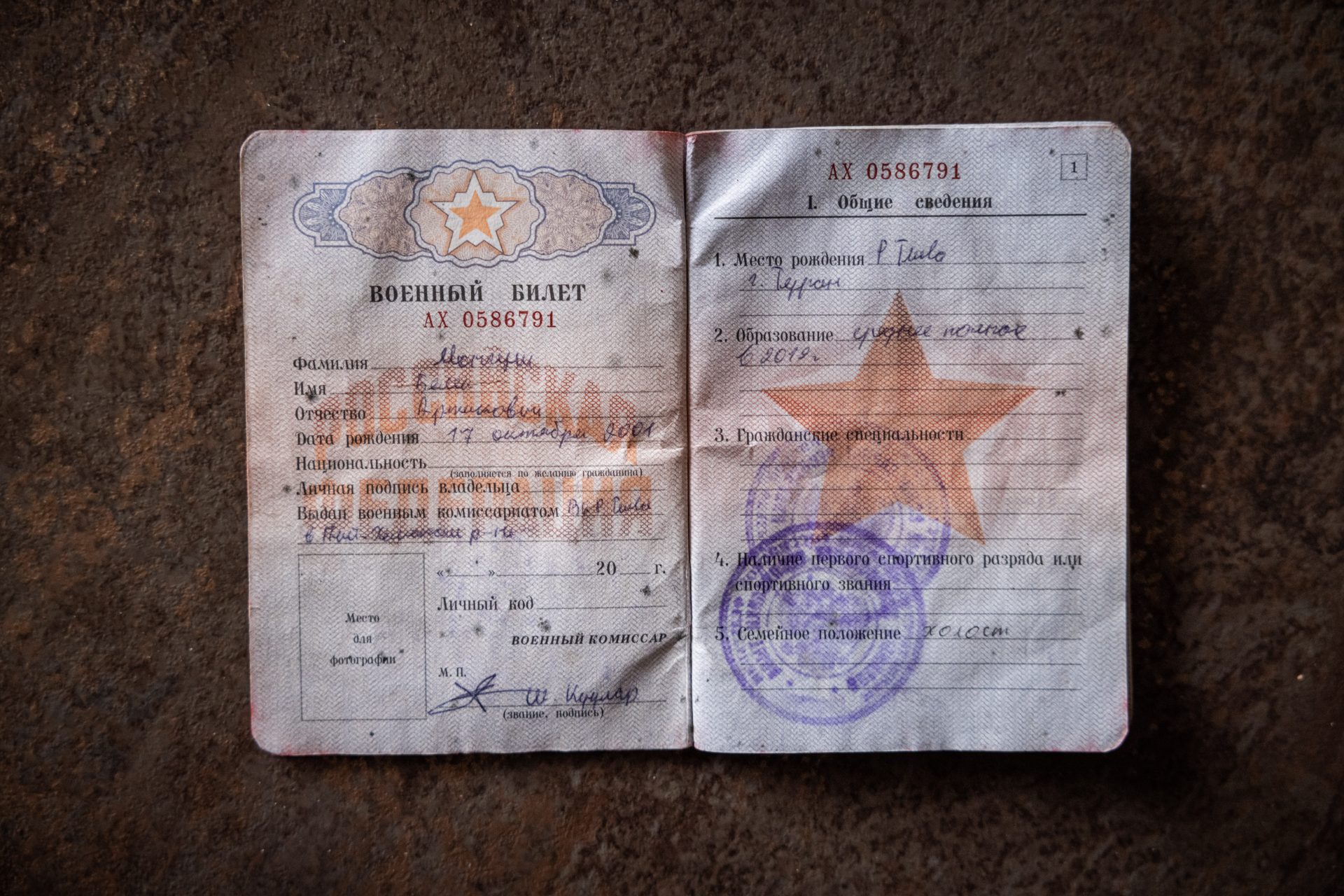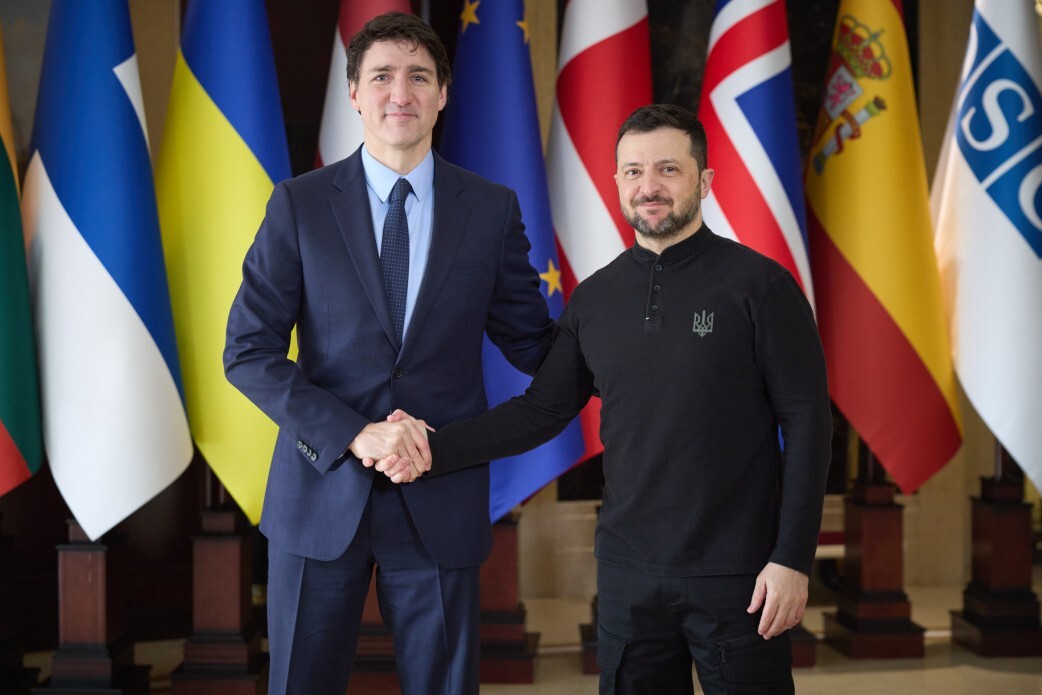European Union buys record amounts of natural gas from Russia despite war in Ukraine
Between January and July 2023, EU states together purchased 22 million cubic meters of Russian liquefied natural gas (LNG). According to the NGO Global Witness, this corresponds to an increase of 40 percent compared to the same period last year.
Pictured: LNG terminal in Spain.
In the same months in 2022, the EU imported only 15 million cubic meters of LNG (short for Liquefied Natural Gas) from Russia. Back then, gas still came from pipelines.
The figures were published on August 30, 2023 and they are the result of a study by the NGO Global Witness, which specializes in the raw materials sector, and are based on data from the industry service provider Kpler.
In the picture: The special ship Höegh Esperanza in the LNG terminal Wilhelmshaven.
According to Global Witness, Russia made more than five billion euros in revenue thanks to selling LNG. Revenue that could be used for the war of aggression against Ukraine.
The news comes as a surprise given European efforts to become independent from Russian gas. Perhaps even more surprising is the fact that LNG imports are not covered by the EU sanctions against Moscow!
Pictured: the new floating liquid gas terminal built by LNG Croatia on the island of Krk.
In March 2023, EU Energy Commissioner Kadri Simson called on member states and companies to stop using Russian natural gas saying, “I think we can and should get rid of Russian gas completely as soon as possible,”....apparently her call fell upon deaf ears.
"It is shocking to see that many EU countries have become independent of Russian gas via pipelines, only to replace it with LNG via tankers." The Financial Times quotes Global Witness expert Jonathan Noronah-Gant.
According to the study, the EU now imports more than half of Russia's LNG supply, making it the largest buyer in the world.
In the picture: LNG terminal Rügen
According to Global Witness, energy companies Shell and Total are the main importers. Among the EU states, Spain and Belgium are at the forefront.
Liquefied gas is now replacing part of the gas supplies that Europe received via pipelines from Russia up until last year. A blatant contradiction when you think about the efforts and economic consequences countries went through last year in an effort to no longer depend on Moscow.
More for you
Top Stories



